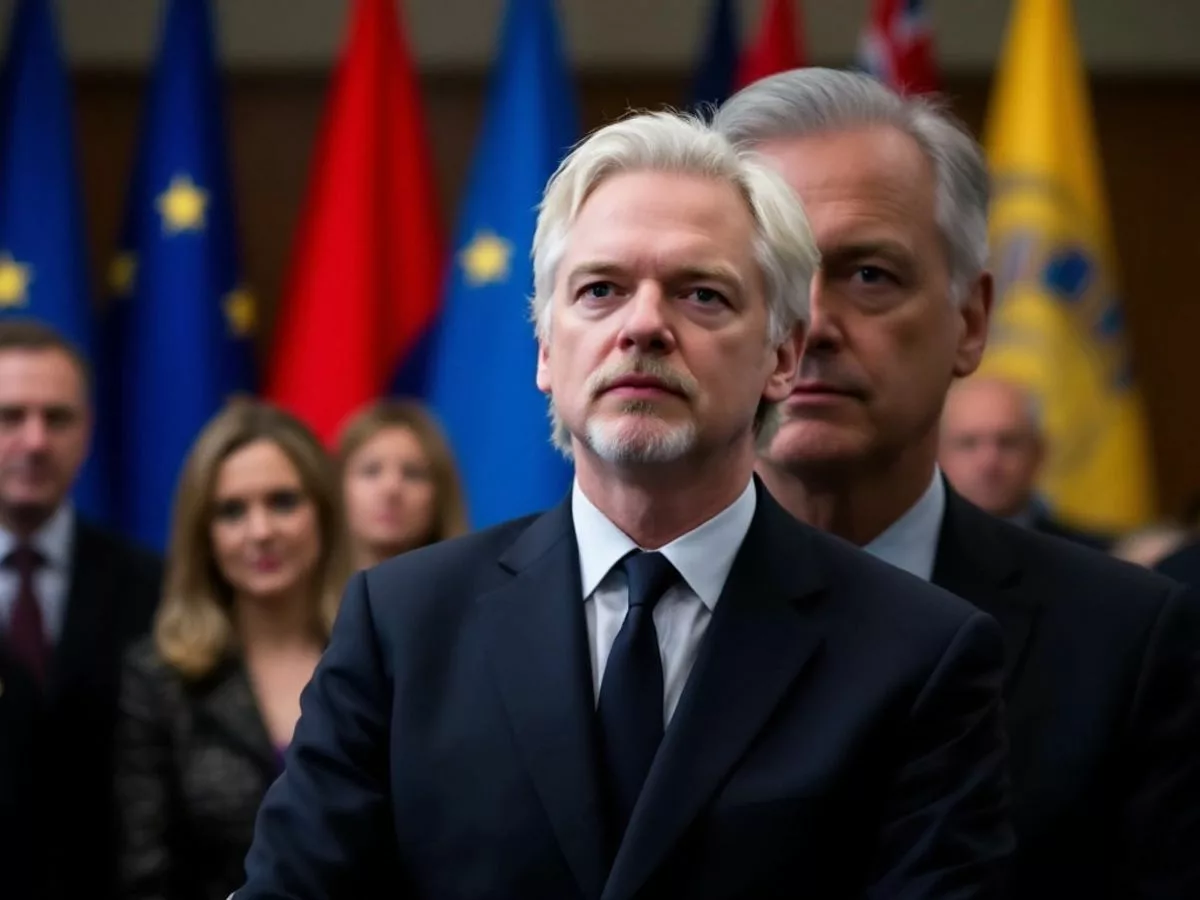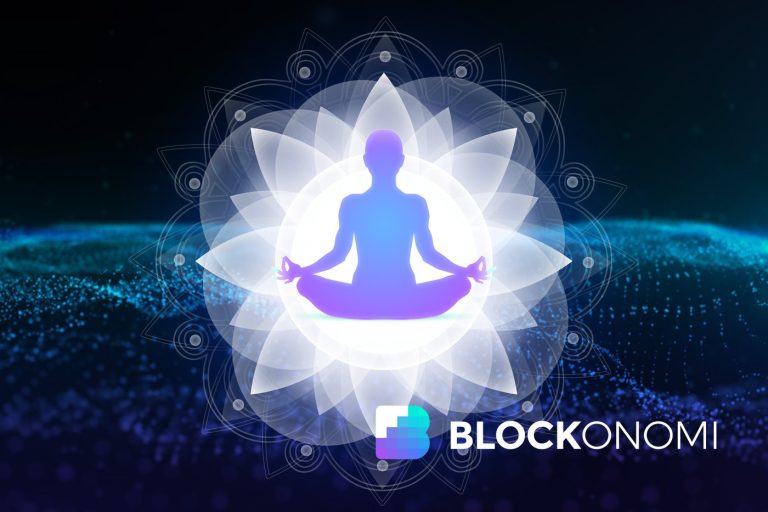
Julian Assange, the founder of WikiLeaks, made a poignant statement to European lawmakers, asserting that he chose freedom over justice after years of incarceration. Speaking at a hearing in Strasbourg, France, Assange reflected on his journey and the implications of his legal battles.
Key Takeaways
- Assange pleads guilty to U.S. espionage charges, citing a choice for freedom.
- He describes his time in isolation and its impact on his health.
- A report labels him a political prisoner, urging an inquiry into his treatment.
Assange’s Reflections on Freedom and Justice
In his first public comments since his release, Assange emphasized the difficult decision he faced. He stated, "I eventually chose freedom over an unrealisable justice," highlighting the inadequacy of legal and political efforts to secure his release.
Assange, now 53, returned to Australia in June after a lengthy legal battle in the UK that lasted 14 years. His plea deal involved admitting to violating U.S. espionage laws, a move he described as a necessary step to regain his freedom.
The Impact of Incarceration
During his address, Assange shared the toll that isolation has taken on him. He remarked, "I am yet not fully equipped to speak about what I have endured," indicating the psychological and emotional challenges he faces post-incarceration.
His wife, Stella Assange, who married him while he was imprisoned, noted that he would need time to recover his health and reconnect with their two children, whom he had never seen outside of prison.
The Controversial Legacy of WikiLeaks
Assange’s work with WikiLeaks has been both praised and condemned. The organization is known for releasing classified U.S. military documents and videos that exposed serious issues, including:
- Abuse of prisoners in U.S. custody
- Human rights violations
- Civilian casualties in Iraq and Afghanistan
While supporters argue that these leaks were crucial for transparency and accountability, U.S. authorities have claimed that they endangered national security and put lives at risk.
Calls for Inquiry
A recent report by the Parliamentary Assembly of the Council of Europe has labeled Assange a political prisoner. The report calls for an inquiry into whether he was subjected to inhumane treatment during his detention. This development has reignited discussions about press freedom and the treatment of whistleblowers.
Conclusion
Julian Assange’s address to European lawmakers marks a significant moment in his ongoing struggle for justice and freedom. As he navigates the complexities of his new life, the implications of his case continue to resonate in discussions about human rights, press freedom, and the responsibilities of governments in handling whistleblowers.






